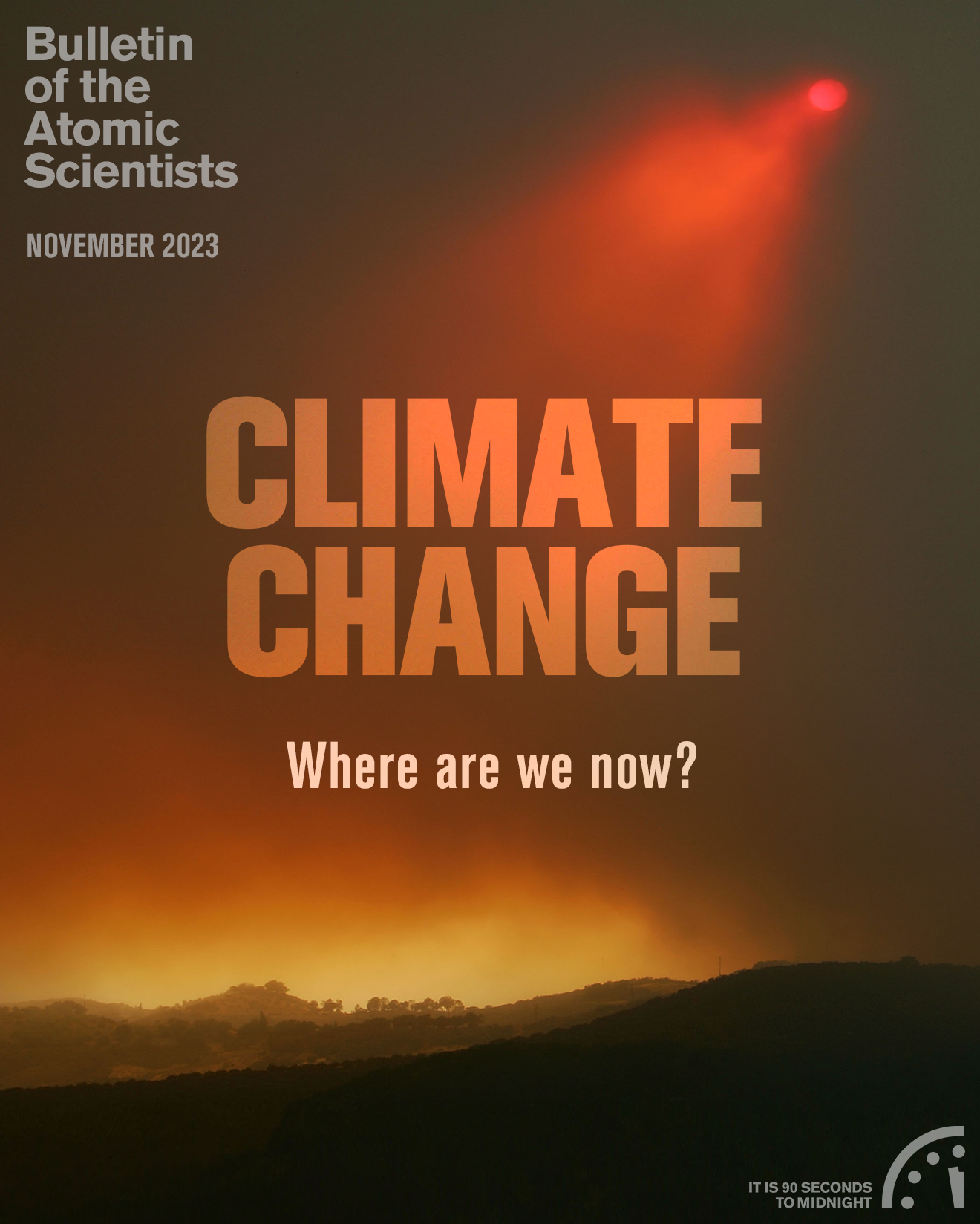Baudon, P., and L. Jachens. 2021. “A Scoping Review of Interventions for the Treatment of EcoAnxiety.” Int J Environ Res Public Health 18 (18). https://doi.org/10.3390/ijerph18189636
Bhullar, N., M. Davis, R. Kumar, P. Nunn, and D. Rickwood. 2022. “Climate anxiety does not need a diagnosis of a mental health disorder.” Lancet Planet Health 6 (5): e383. https://doi.org/10.1016/S2542-5196(22)00072-9
Cara, E. 2022. “Why ‘Prolonged Grief Disorder’ Has Mental Health Professionals Split.” Gizmodo. Accessed 26 September. https://gizmodo.com/why-prolonged-grief-disorder-has-mental-health-professi-1848704338
Chen, Cher Weixia, and Paul C. Gorski. 2015. “Burnout in Social Justice and Human Rights Activists: Symptoms, Causes and Implications.” Journal of Human Rights Practice 7 (3): 366-390. https://doi.org/10.1093/jhuman/huv011
Eisma, M. C. 2023. “Prolonged grief disorder in ICD-11 and DSM-5-TR: Challenges and controversies.” Aust N Z J Psychiatry 57 (7): 944-951. https://doi.org/10.1177/00048674231154206
European Commission. 2021. “Eurobarometer Survey: Europeans consider climate change to be the most serious problem facing the world.” Accessed 26 September. https://ec.europa.eu/commission/presscorner/detail/en/ip_21_3156
Hoppe, Brendalynn O., Leah Prussia, Christie Manning, Kristin K. Raab, and Kelsey V. Jones-Casey. 2023. “It’s Hard to Give Hope Sometimes”: Climate Change, Mental Health, and the Challenges for Mental Health Professionals.” Ecopsychology 15 (1): 13-25. https://doi.org/10.1089/eco.2022.0032
Lawton, G. 2019. “If we label eco-anxiety as an illness, climate denialists have won.” New Scientist. Accessed 26 September. https://www.newscientist.com/article/mg24432512-900-if-we-label-eco-anxiety-as-an-illness-climate-denialists-have-won/
Leiserowitz, A., E. Maibach, S. Rosenthal, J. Kotcher, S. Lee, M. Verner, M. Ballew, J. Carman, T. Myers, M. Goldberg, N. Badullovich, and J. Marlon. 2023. Climate Change in the American Mind: Beliefs & Attitudes, Spring 2023. Yale University and George Mason University. New Haven, CT: Yale Program on Climate Change Communication.
Peterson, M. 2021. “How to Calm Your Climate Anxiety.” New York Times, 2021. https://www.nytimes.com/2021/07/23/well/mind/mental-health-climate-anxiety.html
Uppalapati, S., M. Ballew, E. Campbell, J. Kotcher, S. Rosenthal, A. Leiserowitz, and E. Maibach. 2023. The prevalence of Climate Change Psychological Distress among American adults. Yale University and George Mason University. New Haven, CT: Yale Program on Climate Change Communication.
van Valkengoed, Anne M., Linda Steg, and Peter de Jonge. 2023. “Climate Anxiety: A Research Agenda Inspired by Emotion Research.” Emotion Review. https://doi.org/10.1177/17540739231193752
Whitmarsh, Lorraine, Lois Player, Angelica Jiongco, Melissa James, Marc Williams, Elizabeth Marks, and Patrick Kennedy-Williams. 2022. “Climate anxiety: What predicts it and how is it related to climate action?” Journal of Environmental Psychology 83. https://doi.org/10.1016/j.jenvp.2022.101866





















